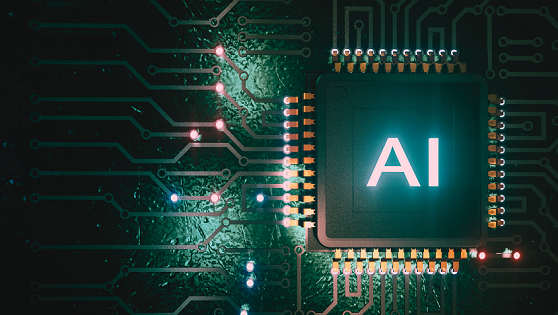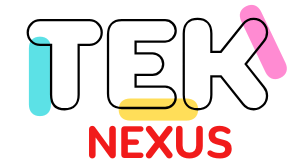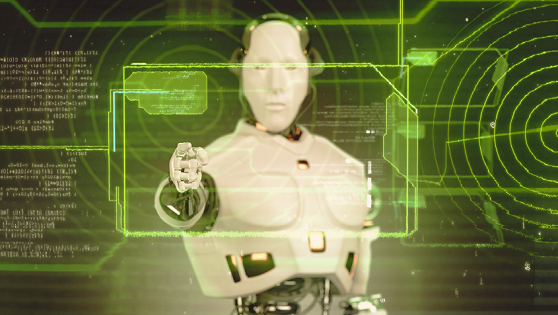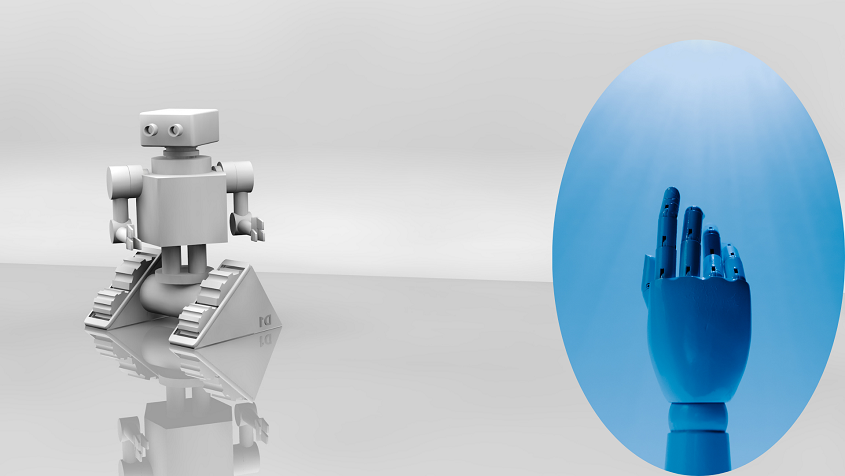
With the rapid development of artificial intelligence, it is becoming a revolutionary force in the field of modern science and technology. It improves decision-making processes, transforms industries, and ultimately improves lives. While forecasts suggest that artificial intelligence will add $15.7 trillion to the global economy by 2030, it’s clear that this technology is not going away. But that is not all; AI brings challenges that require human attention and creative problem solving.
AI Challenges
As AI develops, technical, ethical, and social issues have become more complex. Let’s now delve into some of the most essential AI challenges in 2025 and discuss how they can be solved:
1. Ethical Issues in AI
As artificial intelligence systems become more autonomous, ethical issues become increasingly important. In areas such as healthcare, criminal justice, and recruiting, artificial intelligence is being used to make critical decisions. Ensuring these systems are fair, transparent, and impartial is a difficult task. By 2025, artificial intelligence is likely to make life-changing decisions, which means who should be held accountable? Developing ethical standards and frameworks will be critical to overcoming these issues.
2. Bias and Discrimination in AI
By 2025, AI bias will become even more severe. If large data sets contain racial, gender, or socioeconomic biases, AI systems will perpetuate or exacerbate those biases. Eliminating AI bias and discrimination requires ensuring the fairness of AI algorithms and promoting the diversity of training materials.
3. Privacy and Security Risks
As artificial intelligence becomes more and more embedded in our lives, it collects more and more data. By 2025, AI will collect and analyze vast amounts of data. This compromises personal privacy and security. Improper data handling can lead to data leakage and loss of trust, and malicious actors may use artificial intelligence systems to conduct cyber attacks. Governments and organizations must implement strong information protection measures to protect sensitive data.
4. Transparency in AI Systems
Due to their complex decision-making processes, AI models, especially deep learning algorithms, are called “black boxes.” Due to the lack of transparency, there may be a lack of trust between users and governing bodies. By 2025, AI transparency will be critical, especially in high-stakes areas like finance and healthcare.
5. Job Displacement
Due to the rise of automation driven by AI, employment of labor has become more difficult. As artificial intelligence expands, it will increasingly take over repetitive manual tasks in industries such as manufacturing, retail, and customer service. By 2025, millions of jobs could be at risk. To address the economic and social impacts of job losses, investment in training and upskilling programs is needed. This will ensure employees are prepared for an AI-driven economy.
6. Regulatory Challenges
Legal and regulatory frameworks must continue to evolve as AI technologies evolve. By 2025, the absence of clear laws could lead to unsafe practices, exploitation, and unforeseen consequences. Governments and international organizations must collaborate to develop global standards for the development, use, and safety of artificial intelligence. This will ensure that artificial intelligence minimizes risks while delivering benefits to society.
7. AI Accountability and Liability
When AI systems cause harm, whether because of a medical misdiagnosis, a self-driving car accident, or an unfair legal decision. By 2025, establishing a clear framework for accountability and responsibility for AI will be a major challenge. Will the developers of AI, the companies deploying the technology, or the AI itself bear responsibility? This is a complex question that needs to be resolved.
8. Lack of Skilled Workforce
Artificial intelligence is a highly specialized field that requires expertise in computer programming, machine learning, and information science. However, by 2025, there will be a shortage of AI professionals.. To meet future needs, governments and educational institutions must focus on cultivating artificial intelligence talents.
9. Impact on Human Creativity
There are concerns that artificial intelligence may hinder human creativity, even though it is good at repetitive tasks. In fields such as literature, music, and art, content produced by artificial intelligence is increasingly common. By 2025, AI might be producing a movie or designing a fashion line. Ensuring a balance between machines and human creativity rather than replacing human artistic expression will be a challenge.
10. Environmental Impact
The energy consumed by artificial intelligence systems, especially large-scale data processing systems, may have a significant impact on the environment. To minimize carbon footprints, sustainable artificial intelligence technologies are being developed.
11. AI and Misinformation
Over time, artificial intelligence technology, especially generative artificial intelligence, has become increasingly adept at creating false content. By 2025, deepfakes and AI may make it harder for people to distinguish truth from fiction. To stop misleading information generated by artificial intelligence, advanced detection equipment and extensive media literacy programs for the public are needed.
12. AI Misuse
This poses a significant threat if artificial intelligence is used for malicious purposes, such as deep fakes or cyberattacks. Preventing misuse of artificial intelligence and ensuring ethical use are key to maintaining security.
How Do You Overcome the Challenges in AI?
- Establish Ethical Guidelines: Governments, organizations, and researchers must establish clear ethical guidelines for AI, focusing on fairness, transparency, accountability, and privacy.
- Conduct malfunction management: Companies should conduct comprehensive testing and develop contingency plans to mitigate failures or reduce their impact. Addressing this AI challenge becomes critical to ensuring fair outcomes.
- Bias Mitigation: Implement regular audits to test for biases in AI systems. Using techniques like fairness metrics, model interpretability, and adversarial testing can help identify areas where discrimination might occur.
- AI Governance: Create an AI oversight body or an ethical review board within organizations to ensure that AI systems meet ethical standards before deployment. Regularly, independent audits should be conducted on AI systems to ensure compliance with ethical guidelines.
- Reskilling Programs: Governments and businesses should invest in reskilling initiatives to help workers transition from obsolete roles to new ones in tech, AI, and other growing sectors. Programs focused on data science, machine learning, and AI development will be in high demand.
- Optimized Hardware: Specialized hardware, such as AI accelerators (e.g. TPUs, FPGAs), should be designed to run AI models more efficiently than general-purpose processors, thereby reducing the energy consumption of AI operations.
- Enhancing Security in Development Processes: Follow secure coding practices and conduct regular security audits of AI systems to identify vulnerabilities. Regular risk assessments can also help identify potential weaknesses before they can be exploited.


